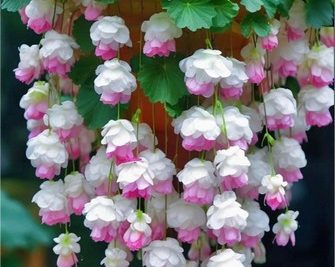
38 Ideas to Decorate and perfume your garden with Amazing Lavender

Lavender is a versatile and beloved plant that is commonly used in gardens for its beauty, fragrance, and beneficial properties.
When incorporating lavender into your garden, consider the specific growing requirements of each variety and the overall aesthetic you want to achieve. Lavender's beauty, fragrance, and versatility make it a wonderful addition to any garden, providing visual appeal, a calming ambiance, and a haven for pollinators.
How to Decorate your garden with Lavender
Decorating your garden with lavender can add beauty, fragrance, and a touch of elegance to your outdoor space. Here are some tips on how to decorate your garden with lavender:
Choose the Right Variety: Select the appropriate lavender variety for your climate and growing conditions. English lavender (Lavandula angustifolia) is the most common and widely available type, known for its compact size and aromatic flowers. French lavender (Lavandula dentata) and Spanish lavender (Lavandula stoechas) are also popular options.
Plan the Location: Lavender thrives in well-drained soil and full sunlight. Choose a sunny spot in your garden that receives at least 6-8 hours of direct sunlight each day. Lavender can be planted in garden beds, borders, or containers, depending on your preference and available space.
Create Lavender Borders: Use lavender to create beautiful borders in your garden. Plant lavender in rows or clusters along pathways, garden edges, or fences. This not only adds visual appeal but also releases a pleasant fragrance as you brush past the plants.
Mix with Other Plants: Combine lavender with other complementary plants to create stunning garden displays. Pair lavender with roses, sage, salvia, or ornamental grasses for a dynamic and colorful garden composition. Consider the height, color, and growth habit of the companion plants to ensure they complement each other.
Create a Lavender Hedge: Plant lavender in a row to create a fragrant and visually striking hedge. Trim the plants regularly to maintain a neat and compact shape. Lavender hedges can be used to define garden boundaries, create privacy, or divide different sections of your outdoor space.
Incorporate Lavender in Containers: If you have limited space or prefer container gardening, grow lavender in pots or containers. Choose a large enough container with good drainage and fill it with well-draining soil. Place the container in a sunny location, and enjoy the beauty and fragrance of lavender on your patio, balcony, or doorstep.
Attract Pollinators: Lavender flowers are highly attractive to bees, butterflies, and other pollinators. By planting lavender in your garden, you can create a haven for these beneficial insects. The buzzing activity adds an enchanting element to your outdoor space while promoting pollination for nearby plants.
Harvest and Use Lavender: Lavender flowers can be harvested and used in various ways. Cut the flowers when they are in full bloom, and dry them by hanging them upside down in a cool, dry place. Use dried lavender in potpourri, sachets, homemade soaps, or culinary recipes like lavender-infused oils and teas.
Remember to provide regular water for newly planted lavender until it becomes established, but avoid overwatering to prevent root rot. Lavender is generally a low-maintenance plant, but it's important to prune it after flowering to maintain its shape and encourage healthy growth. By incorporating lavender into your garden, you can create a fragrant and visually appealing outdoor space that you can enjoy throughout the growing season.
Beneficial properties of lavender
Lavender is not only beloved for its beauty and fragrance but also for its many beneficial properties. Here are some of the notable benefits of lavender:
- Relaxation and Stress Relief: Lavender is widely recognized for its calming and relaxing effects. The scent of lavender has been shown to reduce anxiety, promote relaxation, and improve sleep quality. It is often used in aromatherapy and essential oil diffusers to create a soothing atmosphere.
- Mood Enhancement: The aroma of lavender has mood-enhancing properties and can help alleviate symptoms of depression and anxiety. Inhaling lavender essential oil or using lavender-scented products can promote a sense of well-being, improve mood, and reduce emotional stress.
- Sleep Aid: Lavender has been traditionally used as a natural remedy for insomnia and sleep disturbances. Research suggests that lavender can improve sleep quality, promote deep sleep, and reduce restlessness. Placing dried lavender flowers or using lavender essential oil on your pillow can help create a relaxing bedtime routine.
- Headache Relief: Lavender has analgesic and calming properties that make it beneficial for relieving headaches and migraines. Applying diluted lavender essential oil to the temples or inhaling its aroma can provide relief and reduce tension.
- Skin Care: Lavender has antiseptic and anti-inflammatory properties that make it useful in skin care. It can help soothe and heal minor skin irritations, including sunburns, insect bites, and rashes. Lavender oil can be added to carrier oils, creams, or lotions for topical application.
- Aromatherapy: Lavender is a popular ingredient in aromatherapy due to its therapeutic benefits. Inhaling the scent of lavender essential oil can promote relaxation, reduce stress, and improve overall well-being. It is commonly used in diffusers, bath products, and massage oils.
- Natural Insect Repellent: Lavender's scent is known to repel insects such as mosquitoes, flies, and moths. Planting lavender in your garden or using lavender-based repellents can help keep bugs at bay without the use of harmful chemicals.
- Digestive Aid: Lavender has been used to aid digestion and relieve digestive discomfort. It can help soothe an upset stomach, reduce bloating, and ease digestive spasms. Drinking lavender tea or using lavender oil in aromatherapy can help promote healthy digestion.
- Anti-inflammatory Properties: Lavender contains compounds that possess anti-inflammatory properties. It can help reduce inflammation, redness, and irritation associated with skin conditions like acne, eczema, and psoriasis.
- Antioxidant Effects: Lavender contains antioxidants that can help protect the body's cells from damage caused by free radicals. Antioxidants contribute to overall health and may have anti-aging effects.
It's important to note that while lavender is generally safe for most people, some individuals may be sensitive or have allergies to lavender. As with any natural remedy, it's recommended to perform a patch test or consult a healthcare professional before using lavender products, especially if you have any underlying health conditions or are pregnant or breastfeeding.
Lavander garden ideias
Leave a Reply

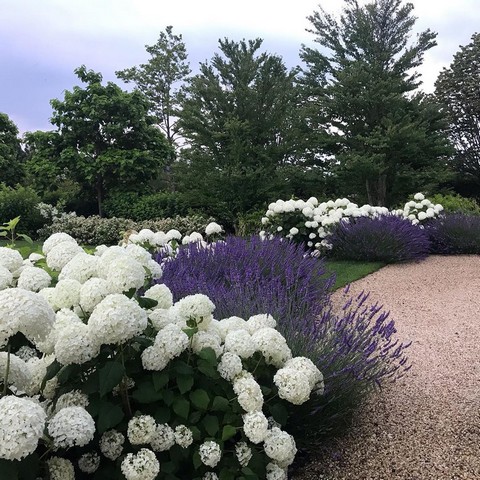
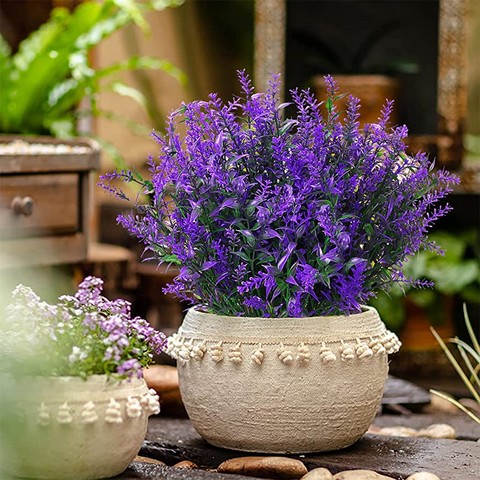
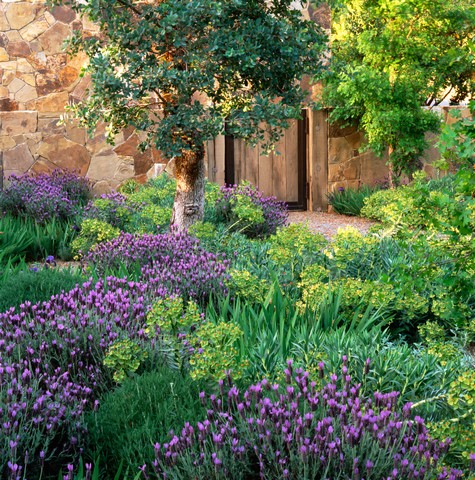
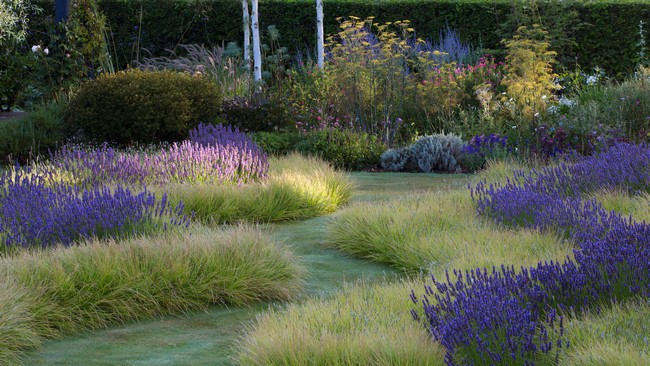
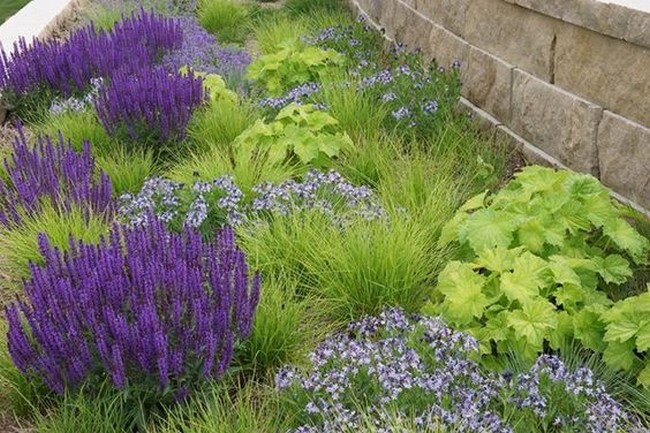
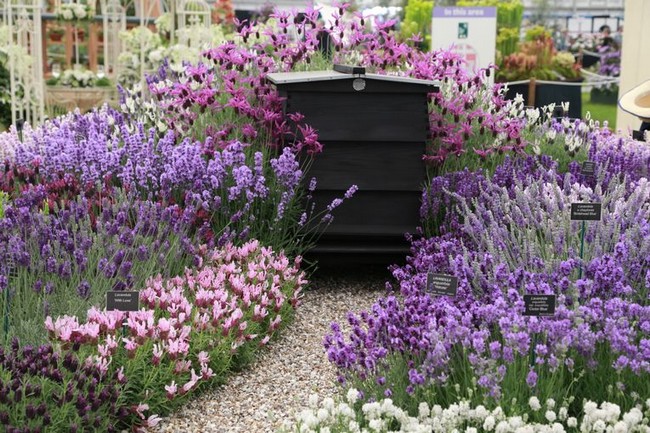

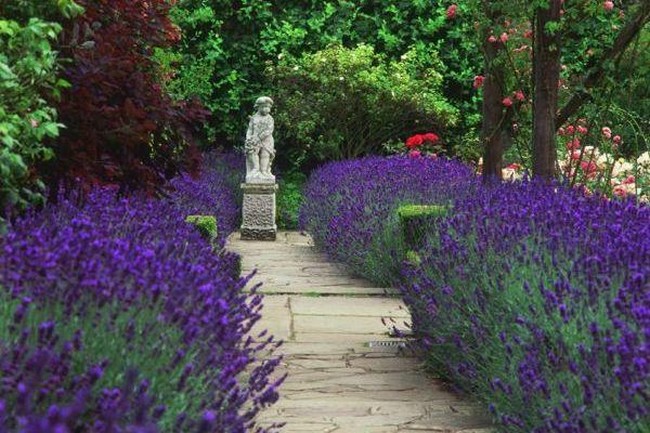
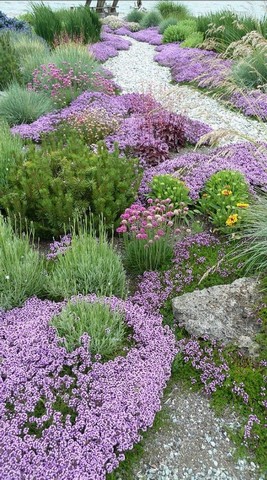
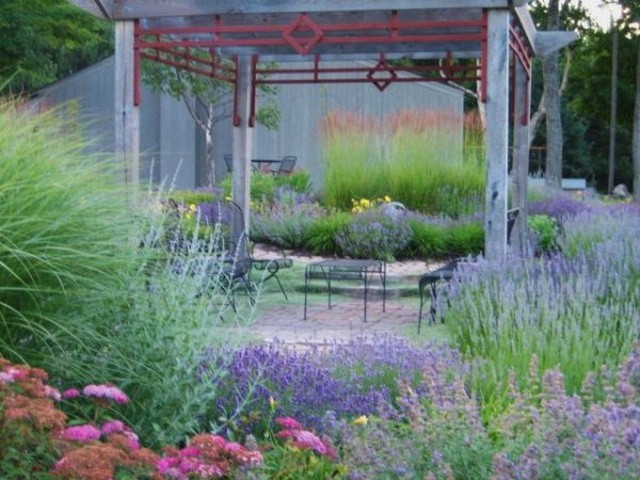


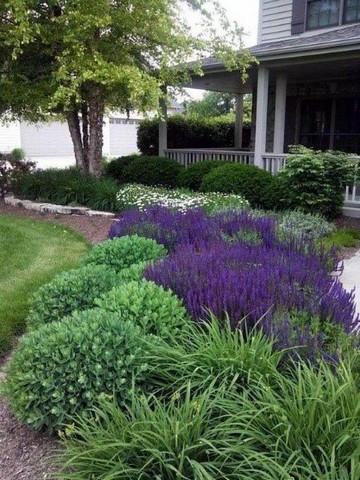

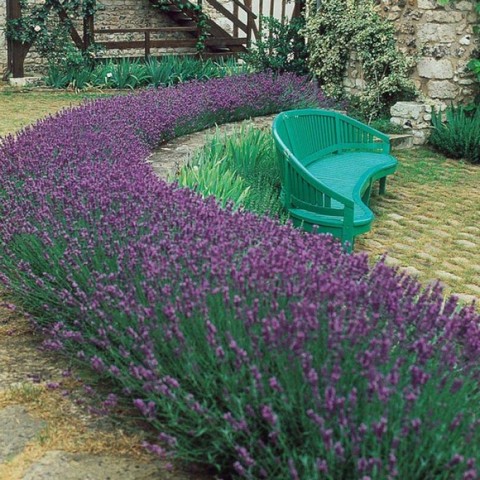


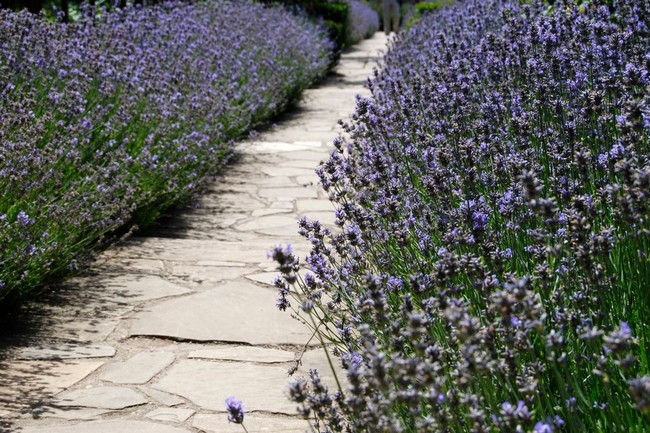

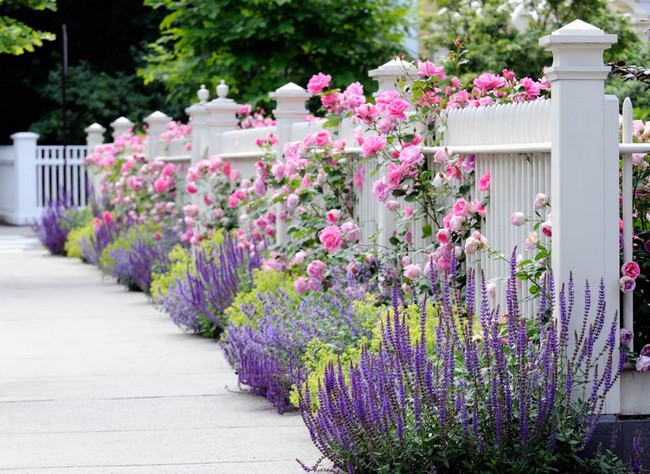
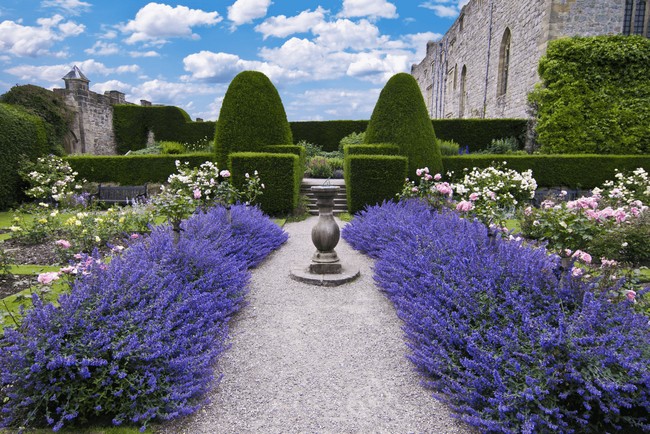


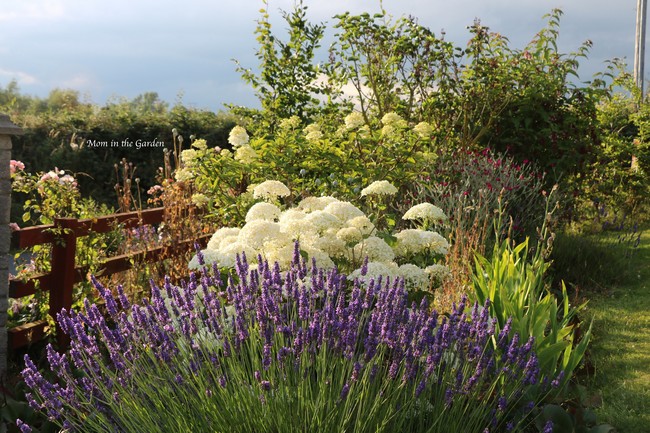
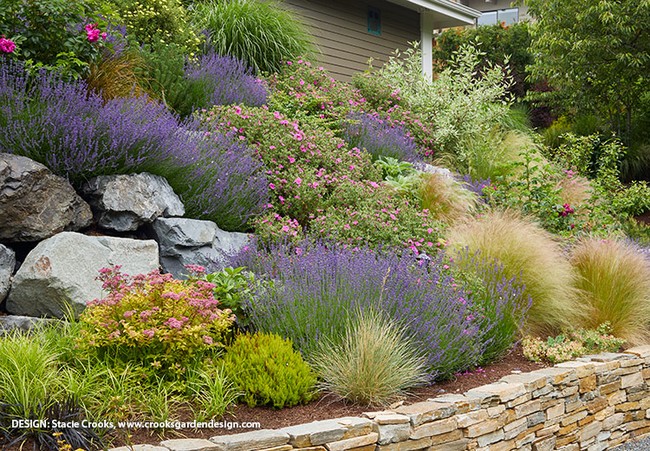
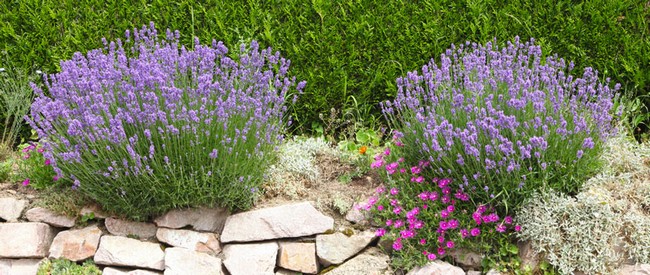

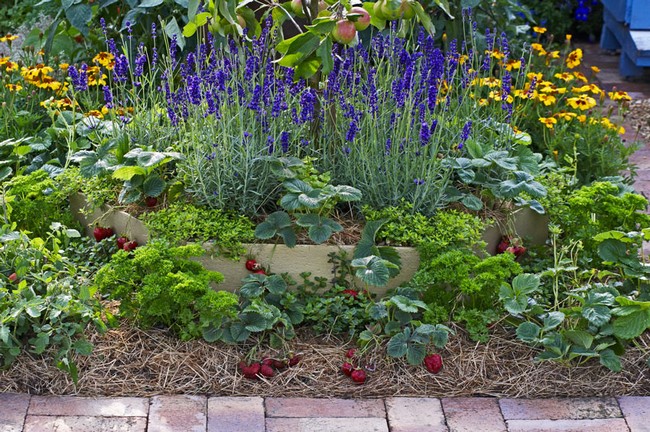
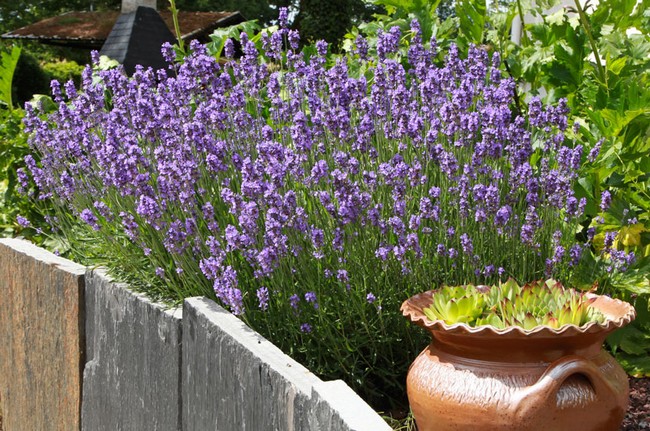

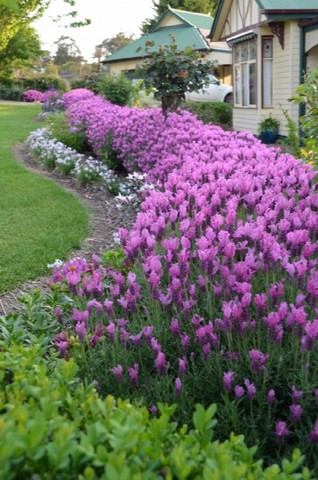
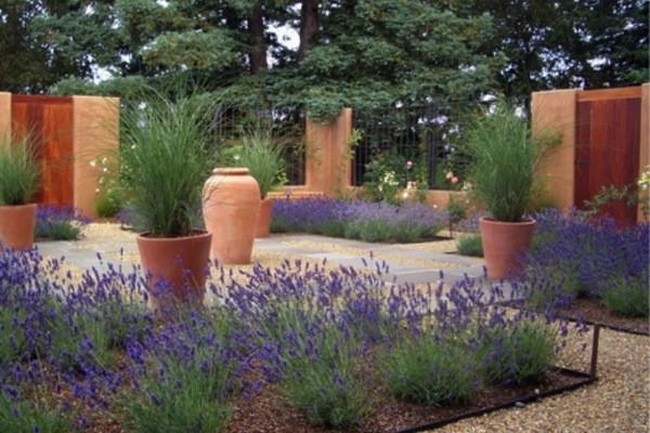
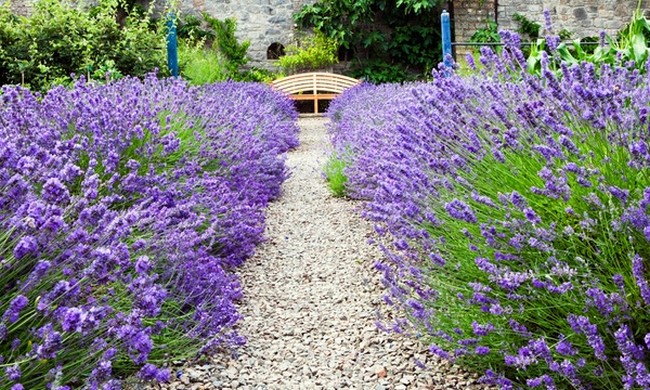

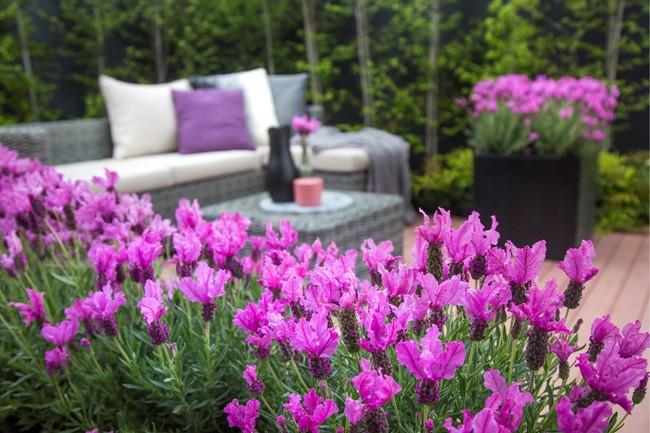

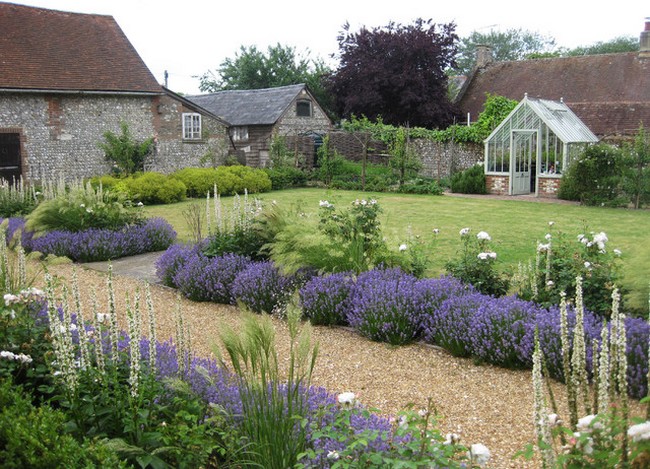
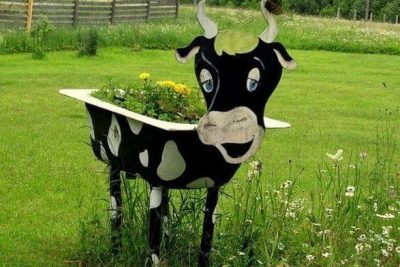
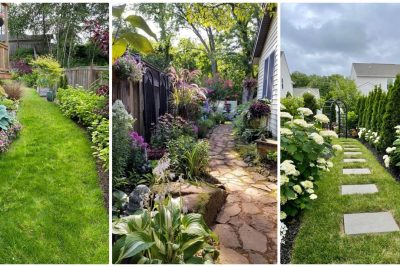
Related posts